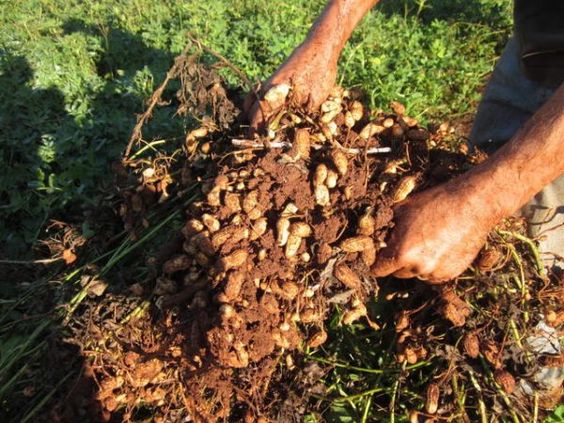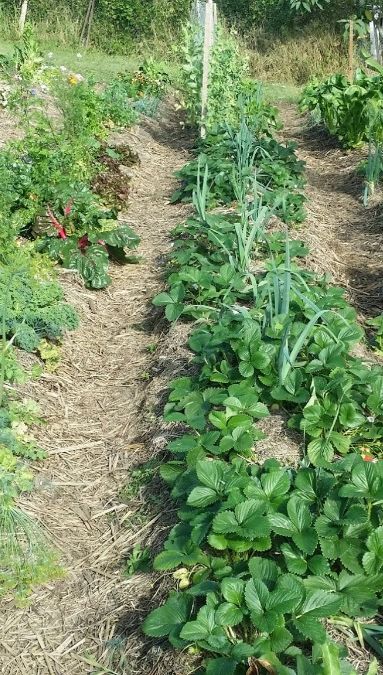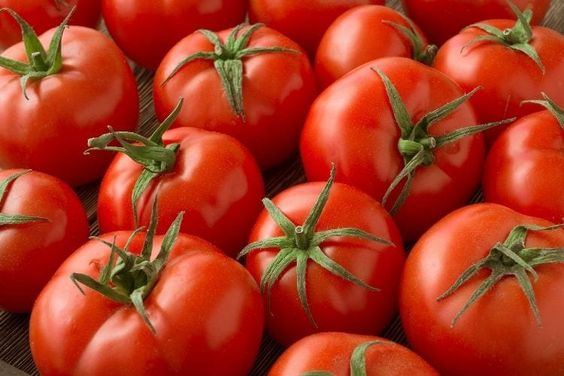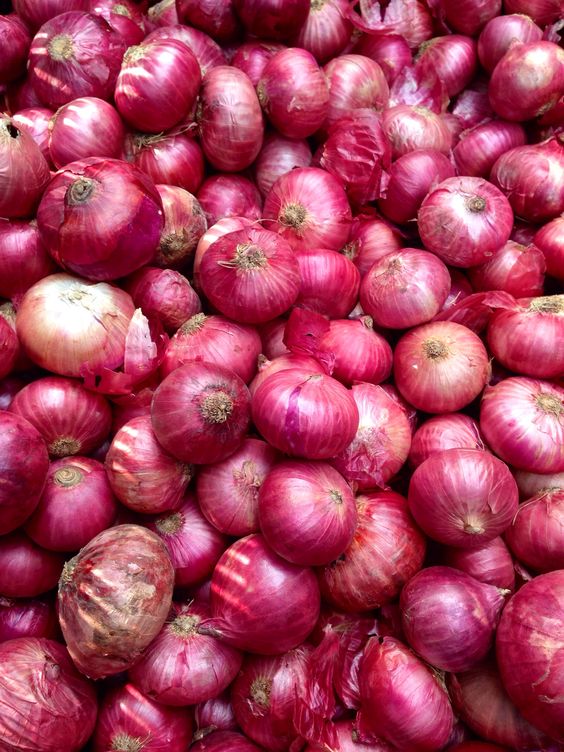Organic Farming of Peanuts: Revolutionizing Agriculture with Smart Agriculture
Organic Farming of Peanuts In the contemporary agricultural landscape, the amalgamation of traditional farming methods with cutting-edge technology is revolutionizing the sector. One such area that has seen significant advancement is organic peanut farming, facilitated by Smart Agriculture. This practice not only ensures sustainable farming but also enhances productivity and quality. This article delves into the intricacies of organic peanut farming, highlighting how Smart Agriculture is shaping this domain.
Organic peanut farming entails cultivating peanuts without synthetic fertilizers, pesticides, or genetically modified organisms (GMOs). This method prioritizes ecological balance, soil fertility, and biodiversity, making it a sustainable and environmentally friendly choice.
Organic Farming of Peanuts,The Role of Smart Agriculture integrates modern technology into farming practices to optimize resource use, increase efficiency, and improve crop yield. It encompasses various technologies such as the Internet of Things (IoT), sensors, drones, data analytics, and precision farming.
Contents
- 1 Implementing Smart Agriculture in Organic Peanut Farming
- 2 Benefits of Smart Agriculture in Organic Peanut Farming
- 3 Objectives of Implementing Smart Agriculture
- 4 Explanation of Key Technologies
- 5 Usefulness of Organic Farming of Peanuts
- 6 Advantages of Organic Peanut Farming with Smart Agriculture
- 7 Organic Crop Diversification with Smart Agriculture
Implementing Smart Agriculture in Organic Peanut Farming
- Soil Health MonitoringSoil health is crucial for organic farming. Smart sensors can monitor soil moisture, pH levels, and nutrient content in real-time. This data helps farmers make informed decisions about irrigation, fertilization, and crop rotation.
- Precision IrrigationWater management is critical in peanut farming. Smart irrigation systems, using data from soil moisture sensors, ensure that crops receive the right amount of water at the right time, reducing wastage and promoting healthy plant growth.
- Pest and Disease ManagementOrganic farming relies on natural pest control methods. Smart Agriculture technologies such as drones and remote sensing can detect pest infestations and diseases early. This allows for timely intervention using organic pesticides or biological control methods.
- Crop Monitoring and ManagementDrones and satellite imagery provide high-resolution images of peanut fields. These images help in monitoring crop health, identifying stress areas, and assessing growth patterns. This data is crucial for making timely management decisions.
- Data Analytics and Predictive ModelingAdvanced data analytics and predictive modeling can forecast weather patterns, pest outbreaks, and crop yields. This information helps farmers plan their activities better and mitigate potential risks.
Benefits of Smart Agriculture in Organic Peanut Farming
- Increased EfficiencyAutomation and real-time monitoring reduce manual labor and improve resource management, leading to increased efficiency.
- Higher YieldsPrecise management of resources and early detection of issues result in healthier crops and higher yields.
- SustainabilitySmart Agriculture promotes sustainable practices by optimizing resource use, reducing chemical inputs, and minimizing environmental impact.
- Cost SavingsEfficient use of water, fertilizers, and pesticides reduces costs, improving the profitability of organic peanut farming.
Objectives of Implementing Smart Agriculture
- Enhancing ProductivityOrganic Farming of Peanuts,By utilizing technology, farmers can achieve higher productivity and better crop quality.
- Ensuring SustainabilitySmart Agriculture aims to create a sustainable farming ecosystem that preserves natural resources and promotes biodiversity.
- Improving ProfitabilityOrganic Farming of Peanuts,Reducing input costs and increasing yields lead to higher profitability for farmers.
- Adapting to Climate ChangeTechnology helps farmers adapt to changing climatic conditions and mitigate the impacts of climate change.
Explanation of Key Technologies
- IoT (Internet of Things)IoT devices, such as sensors and connected machinery, collect and transmit data, providing real-time insights into farm conditions.
- DronesDrones are used for aerial surveillance, crop monitoring, and precise application of organic treatments.
- Data AnalyticsData analytics involves analyzing large datasets to identify patterns and trends, helping farmers make informed decisions.
- Precision FarmingOrganic Farming of Peanuts,Precision farming uses technology to optimize field-level management regarding crop farming.
Usefulness of Organic Farming of Peanuts
- Real-Time Decision MakingContinuous data collection and analysis enable farmers to make real-time decisions, improving efficiency and productivity.
- Resource OptimizationOrganic Farming of Peanuts Smart Agriculture ensures optimal use of resources, reducing waste and environmental impact.
- Enhanced Crop QualityOrganic Farming of Peanuts ,By monitoring and managing crop health closely, farmers can produce higher quality peanuts.
Advantages of Organic Peanut Farming with Smart Agriculture
- Environmental BenefitsOrganic farming methods combined with Smart Agriculture reduce chemical usage, promoting a healthier ecosystem.
- Economic BenefitsHigher yields and reduced input costs translate to better economic returns for farmers.
- Health BenefitsProducing peanuts without synthetic chemicals ensures healthier products for consumers.
- Market OpportunitiesThere is a growing demand for organic products, and adopting Smart Agriculture can help farmers meet this demand more efficiently.
Organic Crop Diversification with Smart Agriculture
Organic Vegetables
Organic Farming of Peanuts Smart Agriculture can significantly benefit organic vegetable farming. Precision irrigation, soil health monitoring, and pest management are crucial for producing high-quality organic vegetables. Drones and sensors can help monitor large vegetable fields, ensuring optimal growth conditions and early detection of diseases.
Organic Fruits
Organic Farming of Peanuts,Fruit farming can also leverage Smart Agriculture. For instance, orchards can use drones to monitor tree health and detect signs of disease or pest infestations. Data analytics can help predict fruit yield and optimize harvest times, improving both quality and quantity.
Organic Grains
Organic grain farming, including crops like wheat, rice, and barley, can benefit from soil health monitoring and precision farming techniques. Smart Agriculture technologies can help manage large fields more efficiently, ensuring sustainable practices and higher yields.
Challenges and Mitigation Strategies
Data Privacy and Security
Organic Farming of Peanuts,The collection and use of agricultural data raise concerns about privacy and security. Implementing robust data protection measures and transparent data usage policies can mitigate these concerns.
Accessibility and Affordability
Organic Farming of Peanuts,Ensuring that Smart Agriculture technologies are accessible and affordable to all farmers, including smallholders, is essential. Subsidies, financing options, and community-based approaches can help make these technologies more widely available.
Resistance to Change
Organic Farming of Peanuts,Farmers may be resistant to adopting new technologies due to a lack of familiarity or perceived risks. Education, demonstration projects, and success stories can help overcome this resistance and showcase the benefits of Smart Agriculture.
Organic Farming of Peanuts,The integration of Smart Agriculture into organic peanut farming presents a significant opportunity for enhancing sustainability, productivity, and profitability. By leveraging advanced technologies, farmers can optimize their practices, ensuring a healthy environment and high-quality produce. The future of organic peanut farming lies in the successful amalgamation of traditional practices with modern technology, paving the way for a sustainable agricultural revolution.




